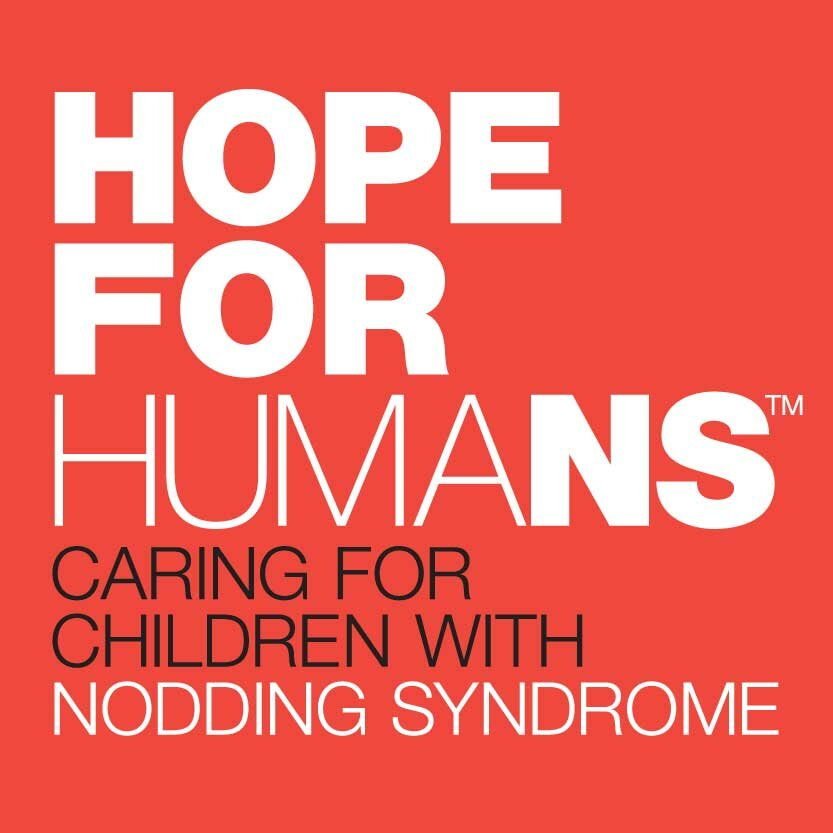OUR HISTORY
Our Beginnings
HOPE FOR HUMANS, formerly Gulu Hope, has been working in northern Uganda since 2007. Founded by Dr. Sally Baynton, Gulu Hope helped rebuild the lives of young adults returning home from refugee camps after 20 years of civil war. An entire generation had grown up with no school, malnutrition, extreme poverty, and no marketable skills. Gulu Hope established programs to address these needs: the Hope for Africa Vocational Training Centre, Bamboosero Bikes (a program that teaches participants to make and sell bamboo bicycles), a sewing training center where women learn to make and sell school uniforms and sweaters, Garden Gulu, and a program to create bore hole wells to provide fresh water to villages.
Becoming Hope for Humans
Much changed, when Dr. Baynton and Dr. Suzanne Gazda, a prominent neurologist, visited Uganda from 2009 to 2011. Dr. Gazda, with a team of medical researchers, traveled throughout Gulu and Kitgum Districts in the north. In village after village, she discovered hundreds of children suffering with a debilitating neurological disorder. Having never seen anything like this in her private neurological practice, she set out to discover the truth behind Nodding Syndrome and to help those afflicted with it live with dignity and hope. Dr. Gazda and Dr. Baynton decided to join forces and Gulu Hope became HOPE FOR HUMANS, a non-profit that offers care, education, nutrition, medical care, and psychosocial support to families who are dealing with Nodding Syndrome.
The First Care Center
In May 2012, Dr. Gazda conceived and obtained funding to establish the first comprehensive Care Center for sufferers of Nodding Syndrome. In 3 months, the Care Center was built upon land donated by the Acholi people. In a moving ceremony, the Care Center opened on August 3, 2012. Dr. Gazda realized a “dream come true” when the rope, symbolizing the children who were tied to trees every day for safety, was cut and the Center opened for business. The Center provides a safe haven for NS children where they receive medical care, rehabilitation, 2 nutritious meals per day, special education schooling, and help with personal hygiene. Importantly, parents, knowing their children are safe, can return to work and once again provide for their families. The Center provides care for 40 children per day, 6 days per week and also provides home care to 30 additional children who are too ill to come to the Center.
HOPE in Science
In July, 2012, Dr. Gazda and the team returned to Uganda to attend the first-ever International Scientific Conference on Nodding Syndrome in Kampala. There, Dr. Gazda met researchers, doctors, and organizations from around the world who wanted to understand this disease better. Dr. Gazda has subsequently met with doctors and researchers from the Centers for Disease Control (CDC) and the World Health Organization (WHO), positioning HOPE FOR HUMANS on the forefront of care addressing the needs of children and families dealing with Nodding Syndrome.
HOPE for the Future
Although the daily program at the Care Center was effective, HOPE FOR HUMANS quickly realized the need for expanded facilities in Odek. Additional staff housing, kitchen facilities, and agricultural buildings were completed in early 2014. In order to serve children who are extremely ill, construction began on dorm facilities that will allow children to be cared for 24 hours a day. Hope for Humans has also responded to the calls for help from the Kitgum region and has begun construction on its second Care Center in Tumangu which will care for an additional 40 children with Nodding Syndrome. Both of these projects are expected to be completed in 2015.


